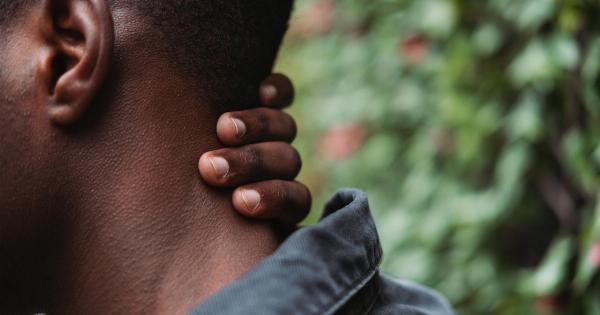Muscle cramps can be super painful and can disrupt your daily routine. The sudden tightening of muscles can happen to anyone, anywhere, and at any time in their lives.
Several factors can cause muscle cramps, such as overuse, dehydration, poor blood circulation, and harm to the nerves responsible for muscle function. Here are ten tips to ease muscle cramps efficiently:.
1. Stretching
Stretching exercises can help relax the muscles and prevent muscle cramps that can happen after a long period of sitting or inactivity. Targeted stretches can help ease the pain and prevent cramps in the future.
Offering soothing effects, gentle stretching promotes relaxation and reduces discomfort quickly.
2. Massage
Massaging the affected area can help alleviate muscle cramps. Massage increases blood circulation and improves flexibility, making it easier to avoid future cramping episodes.
Deep tissue massage or trigger point therapy may help with more severe chronic cramping and can result in immediate relief.
3. Heat or Ice therapy
Heat can help increase blood flow and promote relaxation, while cold therapy can reduce inflammation and swelling. Alternating hot and cold therapy for several minutes can be a useful method for relieving muscle cramps.
If you have a chronic muscle cramp, the using a heating pad or a hot water bottle can be helpful.
4. Acupuncture
Acupuncture is an ancient Chinese medicine technique that can alleviate muscle cramps by using needles to stimulate acupressure points on the body.
Acupuncture helps with balancing the energy flow throughout the body, thereby reducing the severity and frequency of muscle cramps.
5. Hydration
Dehydration is one of the primary causes of muscle cramps, so rehydrating by drinking sufficient water can help alleviate cramps. Keep your body hydrated by drinking enough water before, during, and after exercise, as well as throughout the day.
Also try to limit the consumption of diuretic-containing drinks such as tea and caffeine, which can increase dehydration levels.
6. Magnesium
Magnesium is crucial to muscle function, and low magnesium levels in the body can cause muscle cramps. Magnesium-rich foods and supplements can help prevent muscle cramps. Such food types include bananas, leafy vegetables, nuts, whole grains, and fish.
7. Epsom Salt Bath
Epsom salt is rich in magnesium, and adding some to a warm bath can help alleviate muscle cramps. The warm water helps the muscles to relax while the Epsom salt promotes magnesium absorption in the body.
Keep in mind that if you have heart or kidney issues, it is best to talk to your doctor before taking an Epsom salt bath.
8. Bananas
Bananas are rich in potassium, a nutrient important for muscle function. Potassium helps ease muscle cramps by stimulating nerve impulses and muscle contractions. Consuming banana-based foods may help reduce the severity and frequency of muscle cramps.
9. OTC Pain Relief
Over-the-counter pain relief, such as ibuprofen, acetaminophen, and naproxen, can help alleviate symptoms of muscle cramps. These medications work by reducing inflammation and easing pain.
If you’re dealing with severe cramps, however, it’s best to consult a doctor.
10. Stay Active
Regular exercise or other physical activities can help prevent muscle cramps by keeping the muscles active and reducing the risk of injury. Regular activity can also help increase blood flow and improve circulation to the muscles.
However, it is important to note that sudden high-intensity exercises can cause muscle cramps, and gradually increasing physical activity is the best way to avoid cramps.


























